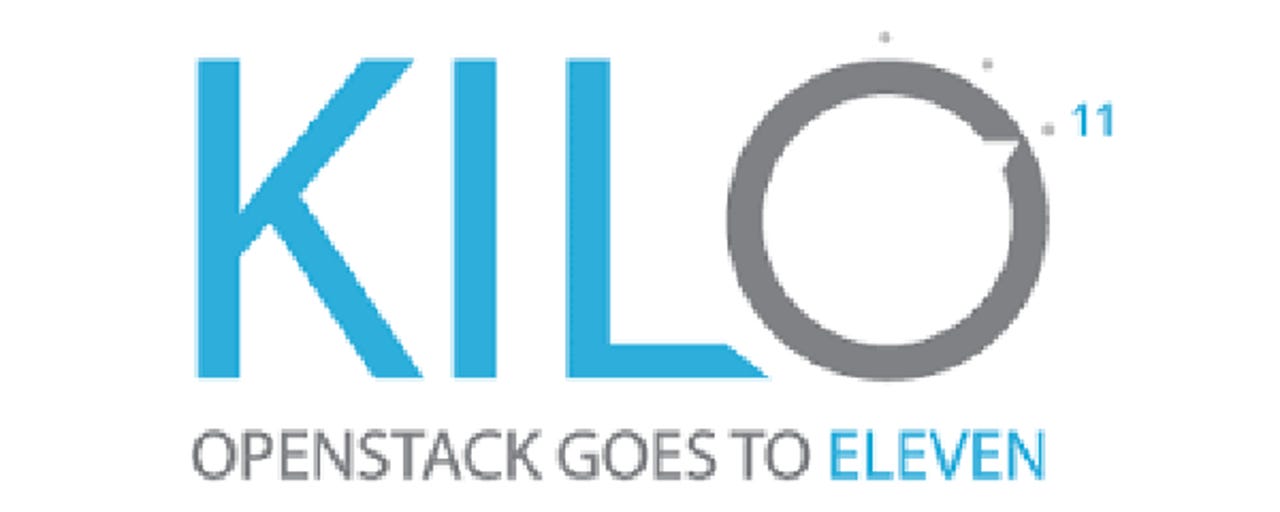OpenStack Kilo: Turning it up to 11

The most popular open-source cloud program, OpenStack, may also be the hardest to use. Just ask anyone trying to find good OpenStack architects and engineers. With its latest release OpenStack 11, Kilo, the level of expertise needed to master OpenStack is getting lower.

Specifically, Kilo includes the following improvements and new features.
- Greater stability and scale across the newly defined OpenStack core services.
- First full release of the bare metal service, Ironic, for provisioning workloads that require direct access to hardware.
- More rigorous testing standards to ensure consistency across more than 100 drivers and plug-in options.
- New object storage support for erasure coding provides the ability to balance density and durability based on the application.
- Improved identity federation to enable hybrid and multi-cloud use cases.
- Evolving development process to speed integration of technologies like DNS, key management and containers.
Notice a theme here? The emphasis is on improving what's already in OpenStack.
Tech Pro Research
EBay depends on OpenStack. Its chief cloud engineer, Subbu Allamaraju, said in a statement that, "The ability to scale and operate efficiently is critical when you want to offer a large data center footprint via services for mission-critical workloads. OpenStack Kilo delivers a robust set of enhancements and tooling to deploy and operate compute, storage and networking resources at scale. Kilo is the most robust, fully production hardened release of OpenStack, and we're looking forward to putting it to work."
That's not to say that OpenStack doesn't have new features. It does. These include:
- Nova Compute: Kilo offers new API versioning management with v2.1 and micro-versions to provide reliable, strongly validated API definitions. This makes it easier to write long-lived applications against compute functionality. Major operational improvements include live upgrades when a database schema change is required, in addition to better support for changing the resources of a running VM.
- Swift Object Storage: Erasure coding provides efficient and cost-effective storage, and container-level temporary URLs allow time-limited access to a set of objects in a container. Kilo also offers improvements to global cluster replication and storage policy metrics.
- Cinder Block Storage: Major updates to testing and validation requirements for back-end storage systems across 70 options ensure consistency across storage choices as well as continuous testing of functionality for all included drivers. Also, users can now attach a volume to multiple compute instances to enable new high-availability and migration use cases.
- Neutron Networking: The load-balancing-as-a-service API is now in its second version. Additional features support NFV, such as port security for OpenVSwitch, VLAN transparency and MTU API extensions.
- Ironic Bare-Metal Provisioning: Kilo sees the first full release of the Ironic bare-metal provisioning project with support for existing VM workloads and adoption of emerging technologies like Linux containers, platform-as-a-service and NFV. Users can place workloads in the best environment for their performance requirements. Ironic is already used in production environments including Rackspace OnMetal.
- Keystone Identity Service: Identity federation enhancements work across public and private clouds to support hybrid workloads in multi-cloud environments.
"OpenStack continues to grow, and features like federated identity and bare metal provisioning support make the platform more compelling for enterprise IT leadership and application developers who want a stable, open source alternative to proprietary options," said Al Sadowski, 451 Research's research director for service providers, in a statement.
OpenStack's army of supporters is also growing larger. The top contributing companies to the Kilo release include Red Hat, HP, IBM, Mirantis, Rackspace, OpenStack Foundation, Yahoo!, NEC, Huawei, and SUSE.
Alan Clark, chairman of the OpenStack Foundation board, said, "When people think of the word Kilo, they typically think of the number 1000. We certainly exceeded that definition with our 1492 Kilo contributors. With each release our community continues to grow stronger and the OpenStack contribution to Cloud carries increasingly more weight, making Kilo the most supported OpenStack release in the projects history."
Related Stories: